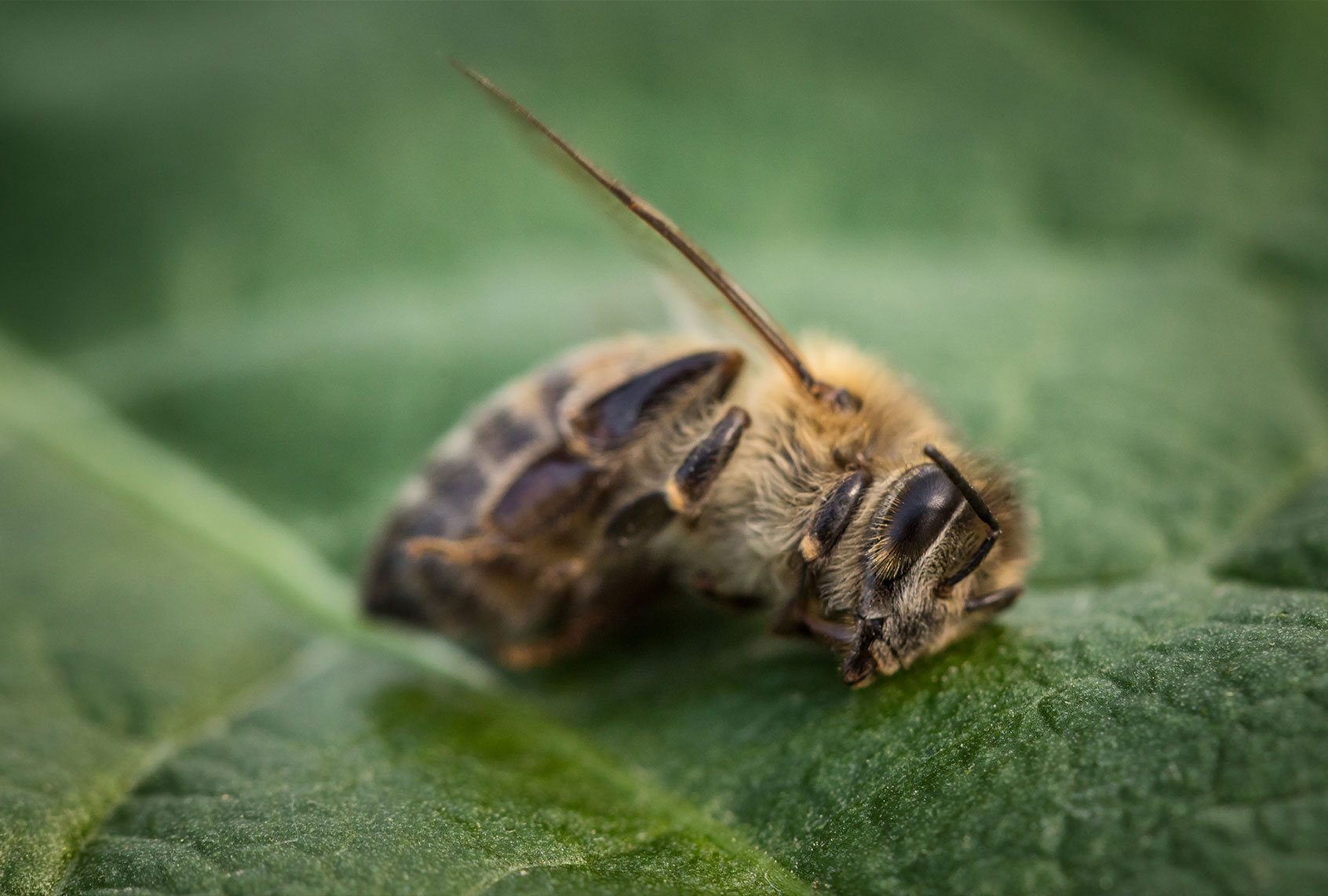You may not like bees, but you don’t want to imagine a world without them. Although bee populations began to decline as early as the mid-20th century, scientists did not become alarmed about the problem until studies over the past few decades confirmed that this was a meaningful trend. Humanity is at risk of living in a world without — or at least with far fewer — bees. Colonies are collapsing, with worker bees vanishing and leaving the queen alone with the nurse and immature bees, and overall bee populations are no longer as dense or wide-ranging as they used to be.
Based on the premise that bee communities may be declining because of pesticide exposure, scientists at Cornell University developed a medicine the size of a grain of pollen that contains pollen patties and sugar water, both of which bees find delicious. The microparticle also includes enzymes that detoxifies pesticides which are commonly ingested by bees and harm them in the process. When the bees eat the enzymes, it protects their insides from the pesticides that are killing other insects that also make contact with the plants that are drenched in the controversial chemicals.
“This work has produced a viable product to mitigate insecticide damage to pollinator colonies” as well as lays the foundations for improving pesticide design or using microparticle treatment to help important bugs like bees, the authors write at the conclusion of their study, which was published in the journal Nature Food. They add that further research will need to be done to determine whether the microparticles will work when they try to get an entire colony to take them, to determine how their plan when implemented would improve crop pollination efficiency, and to figure out how to treat wild pollinators.
Bees are absolutely vital to human survival. Scientists estimate that bees pollinate more than 70 of the top 100 crops that make up the diets for 90% of the world’s population. They pollinate apples and tomatoes, blueberries and almonds, squash and many other vital crops. In addition, we would struggle to continue to breed livestock that depends on the plants which bees pollinate (cows definitely fall into that category, since bees pollinate alfalfa). Bees are needed to create clothes, medical wound dressings, lip balm, skin creams and countless other products. Without bees, it is difficult to imagine having enough food and other necessary products to sustain the 7 billion people alive today. Experts believe our supermarkets would have about half as many fruits and vegetables.
“This technology could make a contribution to securing managed pollination of crops,” Dr. James Webb from Cornell University’s Department of Biological and Environmental Engineering, who co-authored the study, told Salon by email. “Managed bee colonies are constantly in need of being replenished due to losses. This relieves the stress for beekeepers to meet the ever-increasing demand for pollination,” he added.
Webb added that the “demand” for pollination refers to the need for most industrial agriculture outfits to have bees present to fertilize crops. In other words, this technology is intended for industrial agriculture; when it comes to wild bees, “considerable developments are still required if detoxification technologies could be applied to wild pollinators which contribute to pollination.”
As Webb pointed out, it is important to realize that there is more at stake here than simply humanity’s own survival. Bees have intrinsic worth on their own and we should be concerned about the possibility of a world in which we do not rely on them.
“What I fear most about a world in which bees continue to decline is as a result, we engineer crops that don’t need to be insect pollinated, or we switch to mechanical pollination,” Webb wrote to Salon. “This would release our dependency on bees, and therefore cause a negligence of our consideration of wildlife (bees) in our agricultural practices.”
Want more health and science stories in your inbox? Subscribe to Salon’s weekly newsletter The Vulgar Scientist.

